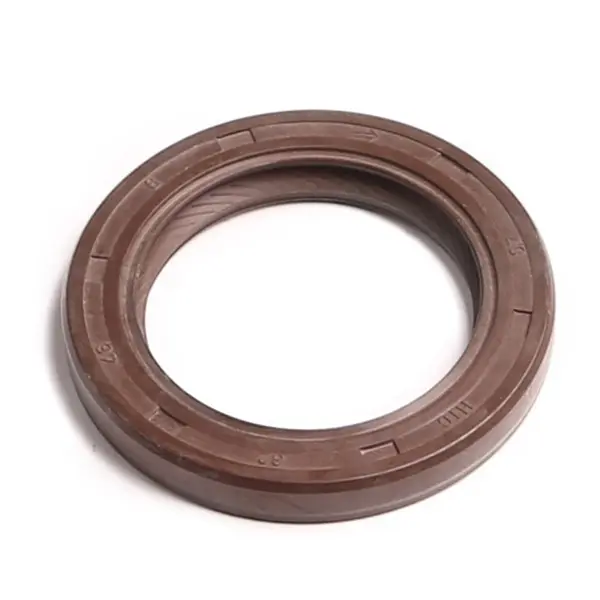Aug . 09, 2024 22:50 Back to list
Tailored Solutions for Unique Applications in High-Performance Bearings Technology and Innovation
Custom Specialized Bearings Enhancing Performance and Reliability in Various Applications
In today's rapidly evolving industrial landscape, the demand for high-performance components has significantly increased. Among these components, bearings play a crucial role in ensuring smooth motion and minimizing friction in machinery. However, standard bearings are not always sufficient to meet the diverse requirements of various industries. This is where custom specialized bearings come into play, providing tailored solutions that enhance performance and reliability across multiple applications.
Understanding Custom Specialized Bearings
Custom specialized bearings are designed and manufactured to meet specific performance criteria that standard bearings might not fulfill. These bearings can be configured in terms of size, material, load capacity, and design to address unique challenges posed by particular operational environments. Industries such as aerospace, automotive, medical, and manufacturing often require bearings that can withstand extreme conditions, including high temperatures, heavy loads, or aggressive environments.
The Importance of Customization
One of the primary advantages of custom specialized bearings is their ability to cater to the distinct needs of an application. For instance, in the aerospace sector, where precision and reliability are paramount, bearings might need to operate under severe conditions like high pressures and temperatures. Custom designs can be engineered to incorporate advanced materials such as ceramic or specialized alloys, ensuring better performance and extended life spans.
In the automotive industry, the demand for lightweight and compact solutions necessitates bearings that can fit into tighter spaces without compromising performance. Custom bearings can be tailored to achieve optimal size and shape while maintaining high load capacities and minimal friction. This not only enhances vehicle efficiency but also contributes to overall fuel savings and reduced emissions.
custom specialised bearings

Material Selection and Engineering Precision
The selection of materials is critical in the design of custom specialized bearings. Engineers consider factors like corrosion resistance, weight, and thermal stability when choosing materials. For extreme environments, specialized coatings or surface treatments may be applied to ensure durability and optimal functionality. The precision engineering involved in creating these bearings ensures they can withstand the harshest conditions, providing reliability that standard options might not offer.
Moreover, advancements in technology have enabled the use of simulation tools and advanced manufacturing techniques such as 3D printing and CNC machining. These technologies allow for rapid prototyping and iterative design processes, which significantly reduce development time and costs while optimizing performance.
Applications Across Industries
The applications of custom specialized bearings are vast and varied. In the medical field, for example, precision bearings are essential in surgical instruments and imaging equipment, where reliability and accuracy can directly impact patient outcomes. In contrast, the oil and gas industry requires bearings that can perform optimally in corrosive environments, often under heavy load and high temperatures. Custom solutions allow for the development of bearings that can endure these extreme conditions without fail.
Conclusion
As industries continue to evolve, the demand for custom specialized bearings will undoubtedly grow. These bearings not only enhance performance and reliability but also offer unique solutions to specific challenges faced by various sectors. By investing in custom designs, businesses can ensure that their machinery operates smoothly, safely, and efficiently. In a world where precision and adaptability are crucial, custom specialized bearings represent a significant advancement in engineering and manufacturing.
Latest news
-
25MM 2 BOLT UCFLX05-14 Flange bearing unit( oval)
NewsMar.07,2025
-
4 bolt UCF 200 series Pillow block bearings
NewsMar.07,2025
-
25MM 2 BOLT UCFLX05-14 Flange bearing unit( oval)
NewsMar.07,2025
-
UCF216-50 4-Bolt Flange Housing Square Bearing
NewsMar.07,2025
-
25MM 2 BOLT UCFLX05-14 Flange bearing unit( oval)
NewsMar.07,2025
-
spherical roller bearing material exporter
NewsMar.07,2025





